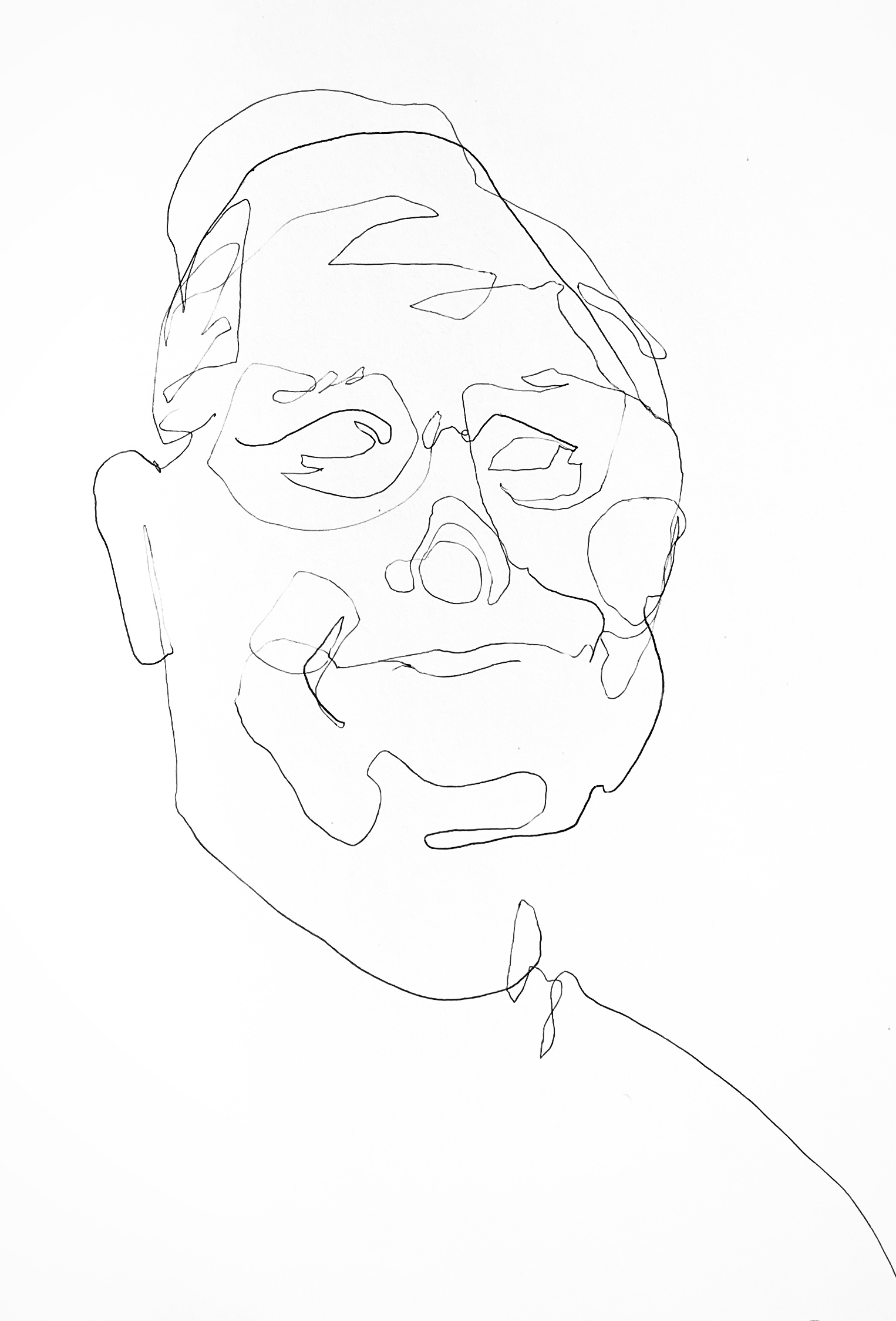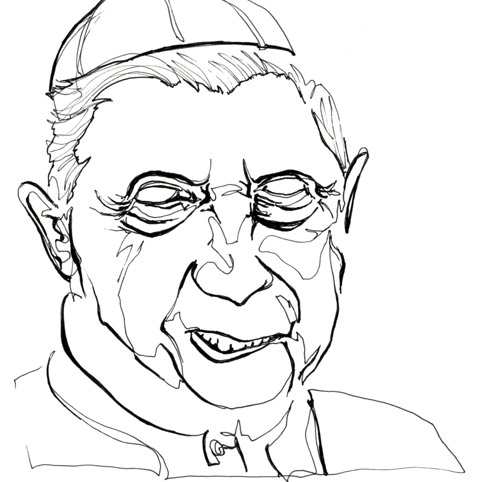
Pius XII was a fascinating guy! Settle in for a rundown of his nearly twenty-year reign.
Born Eugenio Maria Giuseppe Giovanni
Pacelli, he studied for the priesthood as a boy and rose through the ranks of the church. By 1933 he was papal
nuncio and helped broker peace treaties with European governments, including the famous
Reichskonkordat. This was an early treaty between the Vatican and the Nazi government, intended to preserve the church's rights operating inside Germany. Like, well, a lot of things with the Nazis, this didn't work out.
When World War II broke out, Pius XII maintained a shaky neutrality. He tried to use the church to guide humanitarian efforts like Benedict XV did in WWI - but this pope is still accused of not doing enough to aid the victims of the Axis and their Holocaust.
Later, in the 50's, Pius took fairly liberal views on the scientific issues of the day. He cautiously endorsed evolution in the 1950 encyclical
Humani Generis, and told Catholics that science could very well explain the origin of the human body - but the soul is still created by God. A year later, he effectively did the same for the Big Bang theory, noting that the scientist's universal explosion could be in fact God's Fiat
Lux.* Pius was also the first pope to explicitly endorse the Rhythm method as a morally-acceptable form of birth control.
Now
this pope's death is legitimately questionable! A 'charlatan' named Riccardo
Galleazzi-
Lisi posed as a doctor, and convinced the pope to allow him constant personal access. For years,
Galleazzi-
Lisi gave Pius poisonous injections, which rotted his teeth and induced constant hiccups. When he was finally dying,
Galleazzi-
Lisi took photographs and tried to sell them to magazines - thankfully they declined to buy. And
after the pope's death, the false doctor somehow managed to embalm the body in plastic wrap and heavy spices, which accelerated the decomposition. It smelt so bad that the Vatican guards stationed near the body needed to change every fifteen minutes!
Pius's successor, when he was selected, quickly banned
Galleazzi-
Lisi from the Vatican, forever.
*Fiat Lux? Sounds like a European sportscar, but this actually refers to God's words, "Let there be Light."
 A new pope! The first American pope, Robert Prevost from Chicago.
I sure feel rusty drawing blind contours in 2025.
A new pope! The first American pope, Robert Prevost from Chicago.
I sure feel rusty drawing blind contours in 2025.
 A new pope! The first American pope, Robert Prevost from Chicago.
I sure feel rusty drawing blind contours in 2025.
A new pope! The first American pope, Robert Prevost from Chicago.
I sure feel rusty drawing blind contours in 2025.
 I'm a few months late with Francis. Jorge Mario Bergoglio was born in a barrio of Buenos Aires to an immigrant Italian family. His papacy has many 'firsts:' first pope from the southern hemisphere, first Jesuit pope, and the first American pope (as in The Americas).
I'm a few months late with Francis. Jorge Mario Bergoglio was born in a barrio of Buenos Aires to an immigrant Italian family. His papacy has many 'firsts:' first pope from the southern hemisphere, first Jesuit pope, and the first American pope (as in The Americas).








